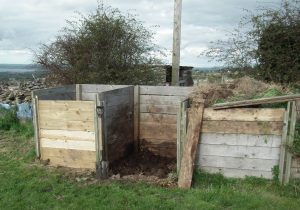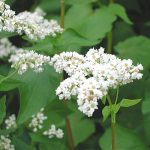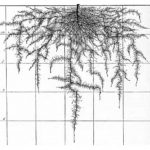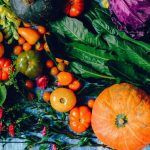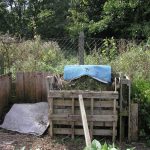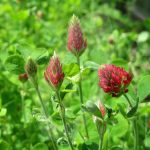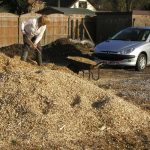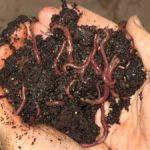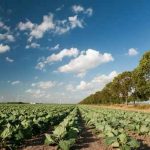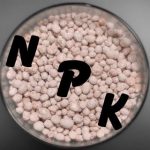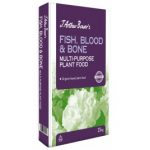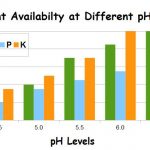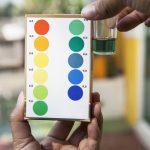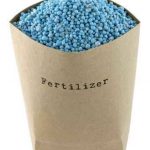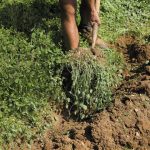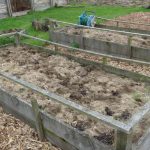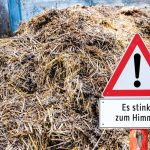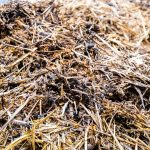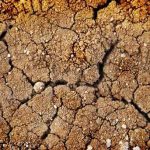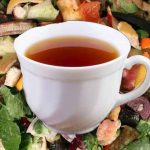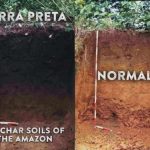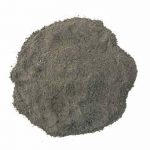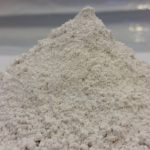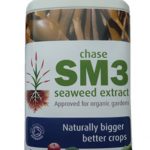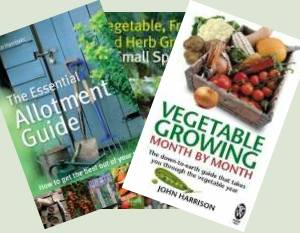Articles to do with improving the soil, making and using composts and fertilisers, using organic and inorganic fertiliser, composition of fertilisers and manures etc.
It’s really very simple, the better the soil the better your crops will be.
These articles should help you to improve your soil providing the nutrients that your plants need.
Which green manure to grow and when, what to do when it's grown? This guide explains the basics of using green manures to improve your soil
Feed the soil, not the plants is a phrase often heard but what does it really mean? This article seeks to look at feeding the soil and the benefits.
Chelated nutrients promote better uptake by plants across a range of different pH levels giving improved growth and cropping.
Coastal growers have always known the value of seaweed as a fertiliser. Seaweed extract feeds bring the benefits to us all.
Includes: 6 Pages
These articles are all about composts, composting and making compost. including how to make compost bins and various types of composting
11 green manures that will fix nitrogen for your crops whilst surpressing weeds and stabilising your soil. Vital nitrogen fixing supports better growth.
How to revitalise and reuse potting compost, Growing great plants whilst saving money and helping the environment at the same time,
Woodchips have a useful role to play in the garden and on the allotment. What are the benefits of woodchips, how to use them in the garden.
Includes: 15 Pages
Guides to Making Worm Compost Vermiculture and Vermicomposting. 15 articles from world expert worm composter, explains how to compost and overcome problems
An introduction to using fertiliser to maximise yields and a general understanding of fertilisers in vegetable growing.
The three basic elements required for plant growth NPK, nitrogen, phosphorus and potassium or potash discussed along with effects and the effect of shortage
Naturally produced or organic fertilisers provide the same basic elements as artificial fertilisers but some have an advantage in their slow release.
About using artificial fertilisers, the different NPK nutrient content and the benefits and drawbacks of various artificial fertilizers.
Garden Lime, the vital fertiliser. How much lime to use and when to use lime to increase or decrease the acidity - pH - of your soil to improve plant growth
An acid soil, a soil with a low pH, or alkaline soil with a high pH is effectively deficient in nutrients even when nutrients have been added to the soil.
Soil pH, effect on your garden, how to determine it and how to change it. Soil pH is critical to plant growth controlling nutrient uptake and availability.
Some tips on using fertilisers more effectively avoiding waste and making your own specialist compound fertilisers such as potato or onion fertiliser
Magnesium, Calcium and Sulphur are vital additional elements or macro nutrients in plant nutrition in addition to the better known trilogy of NPK.
Trace elements can be as important in growing and gardening as vitamins are in human nutrition. This article covers the different trace elements.
Green manures are a wonderful way to add and retain nutrients to the soil whilst improving the structure. They can even save time as they suppress weeds.
Mulching with a layer of cardboard or paper under grass clippings is a labour saving way to suppress weeds whilst naturally improving soil quality.
Animal manure add humus as well as nutrients to the soil to promote crop growth. Considers horse, cow, sheep, pig, goat, rabbit, rodent, cat and dog manures
Lists and compares the typical values of NPK in animal manure and composts which is useful for judging the amount of fertiliser to apply required for a crop
One question that seems to crop up frequently between gardeners and allotment holders is which manure is better to use, horse manure or cow manure?
The beneficial effects on plant growth of adding mycorrhizal fungus and kelp or seaweed meal to improve your soil's ability to support plants.
Clay soils are always a problem and some proven practical solutions are found in this article on improving clay soils.
Organic gardeners all know compost is fantastic stuff. But now, there's something some say is even better and that's compost tea.
Includes: 2 Pages
Separating the truth from the hype about biochar & terra preta from the Amazon basin. Biochar offers great benefits in theory but how will it actually work.
Separating the truth from the hype about the benefits of soil remineralisation utilising rockdust.
Many gardeners have been confused about the role of gypsum in gardens. It is a soil additive that provides micronutrients, a conditioner and a fertilizer.
A large proportion of land in the world could be improved and brought into productive use. Gypsum can be used as a aid in the reclamation of this land.
A look at using soot in the garden and on the vegetable plot. What are the benefits. Also the risks from using soot in the garden on the soil
Seaweed Extract was first developed by Chase after WW2. The history, production, use and future of seaweed extract by the creators of SM3

